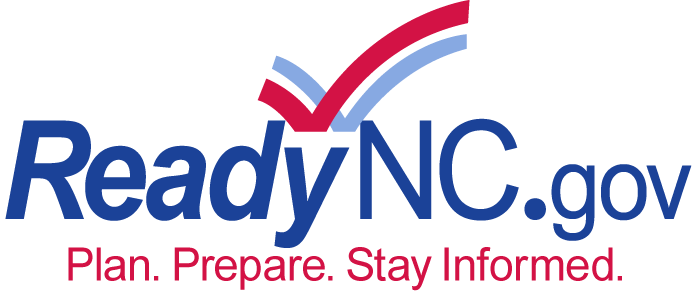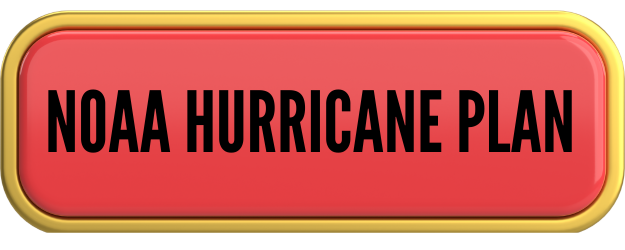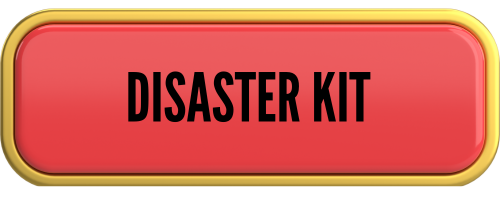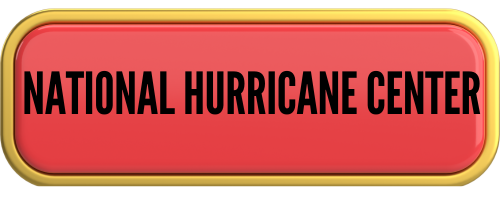
It is in times of need that we discover the full impact of a community united.
As we, our partners and our neighbors prepare and respond to severe weather, we have collected resources that may help you and your loved one's access services in Beaufort County, which you can find below or by calling 211.
211 provides information about emergency information, natural disaster relief, available shelters, financial assistance and more.
To get connected, dial 2-1-1 on your phone or browse service topics online at NC 211.
For life-threatening or property emergencies, please call 911.
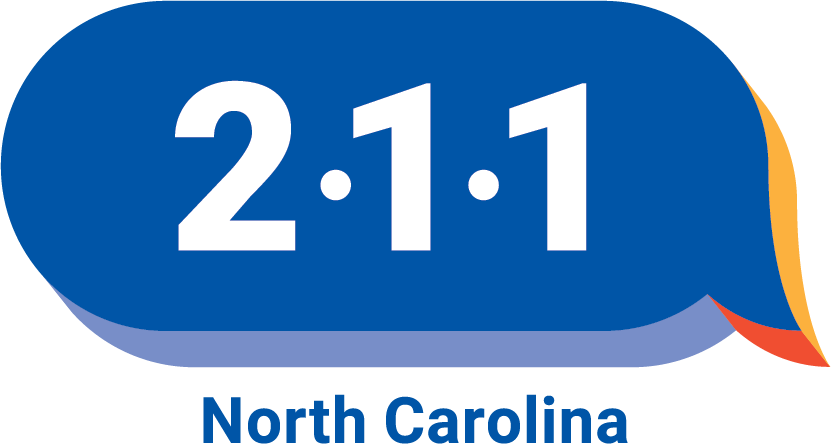
ADDITIONAL RESOURCES
WEATHER AWARE
Beaufort County Emergency Operations Weather Station
EVACUATING
In some emergencies, local officials may tell people to leave their home to keep residents and visitors safe. Fires, floods or chemical accidents require evacuations frequently across the country.
Evacuation Routes in North Carolina
Know Your Zone=Beaufort County
GAS AND TRAVEL
DISASTER ASSISTANCE
American Red Cross: 800-733-2767
Assistance: The toll-free telephone numbers will operate from 7:00 a.m. to 10:00 p.m. (local time) seven days a week until further notice.
FEMA ASSISTANCE
If your home or job was impacted by a natural disaster, you may be eligible for FEMA Individual Assistance. Click here or call 1-800-621-3362 to see if you are eligible and to apply for financial assistance.
LEGAL ASSISTANCE
INSURANCE ASSISTANCE
STAY CONNECTED
Beaufort County Sheriff App
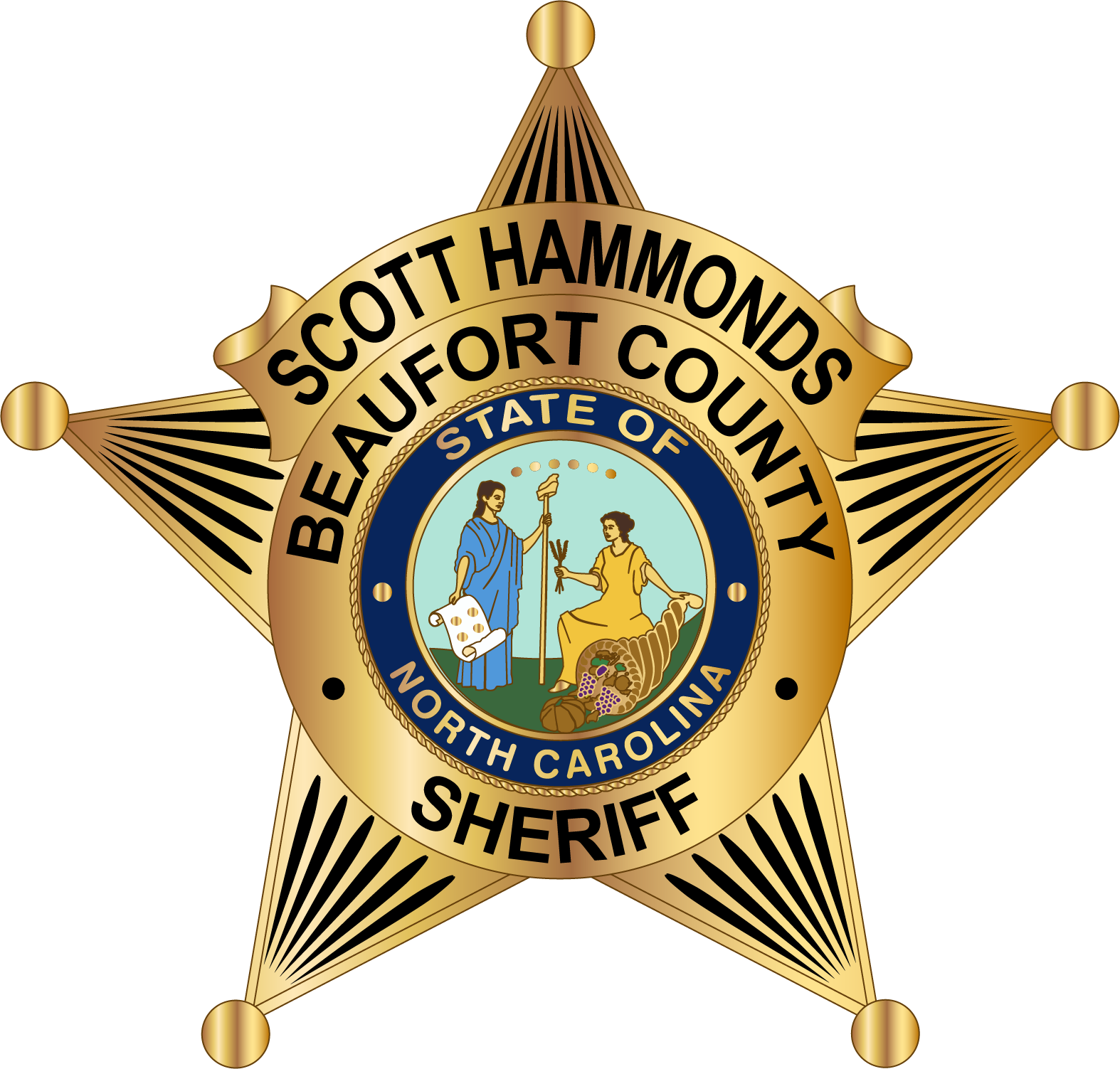

FIND EMOTIONAL SUPPORT THROUGH THE NATIONAL DISASTER DISTRESS HELPLINE
If you or a loved one is having a difficult time coping with recent disasters emotionally or mentally, the Disaster Distress Hotline is available 24/7 and in many languages. Individuals can call the helpline at 1-800-985-5990 or text TalkWithUs to 66746. If you speak Spanish, you can access the helpline at the same number or by texting Hablanos to 66746. This helpline is staffed by trained crisis counselors.
DURING A HURRICANE, BE PREPARED!
HURRICANES
Hurricanes are powerful tropical weather systems. When hurricanes move onto land, they sweep the ocean inward. Heavy winds, tornadoes, strong thunderstorms, flooding, storm surge and landslides can all be caused by hurricanes. The Atlantic Hurricane Season runs from June 1 to November 30 with the peak season from mid-August to late October.
WEATHER AWARENESS RESOURCES
- Hurricane Preparedness
- Spring Weather Safety
- Storm Surge Video: English
- Storm Surge Video: Spanish
- Summer Safety
- Thunderstorms & Lightning
- Tornado Safety & Preparedness
- Turn Around, Don't Drown
- Winter Weather
HURRICANE CATEGORIES
- Tropical Depression: winds up to 39 miles per hour (mph).
- Tropical Storm: 39 to 73 mph winds
- Category 1: 74 to 95 mph winds
- Category 2: 96 to110 mph winds
- Category 3: 111 to 130 mph winds
- Category 4: 131 to 155 mph winds.
- Category 5: winds 156 mph or greater.
HURRICANE PREPAREDNESS
Remember the four steps: Gather. Record. Prepare. Protect.
Gather important documents, such as insurance policies, birth certificates, deeds, and utility bills and store them in waterproof containers. Also gather any important mementos, such as family photos and keepsakes. Write down any important numbers in case you lose power.
Record evidence of your home. Take photos of the inside and outside, including walls, floors, close-ups of appliances and other high-end items. Email photos to yourself for backup.
Prepare your home if you have time. Secure outdoor objects or move them inside, protect windows and use sandbags in doorways.
Protect yourself. This is the most important step. Keep cash, your photo ID and any medications with you. Follow evacuation orders — they are made to keep you safe. If you choose to stay, remember to store enough food, water and pet supplies with you. Store extra batteries, a battery-operated radio and gasoline.

